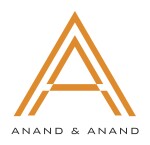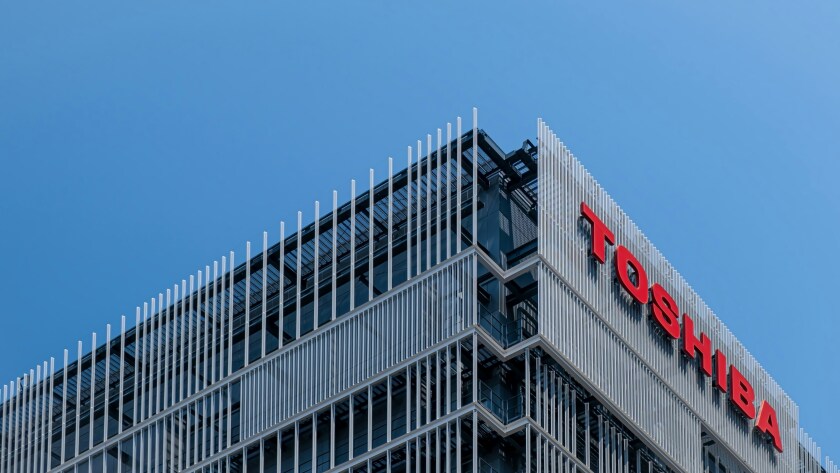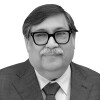In a landmark judgment, the High Court of Delhi has definitively resolved a prolonged legal conflict between the Japanese multinational Kabushiki Kaisha Toshiba (Toshiba) and an Indian company, Tosiba Appliances Co. (Tosiba), over the ‘Toshiba’ trademark. The ruling marks the end of a 35-year legal struggle and is one of the most protracted intellectual property disputes in the history of the court.
The High Court of Delhi’s ruling
The court's decision, delivered on August 16 2024, unequivocally determined that Kabushiki Kaisha Toshiba is the rightful owner of the ‘Toshiba’ trademark in India. The judgment prohibits Tosiba Appliances Co. from using the ‘Tosiba’ mark or selling products under that name, effectively barring the Indian entity from continuing its branding practices that were deemed infringing.
Additionally, the court imposed a nominal damages award of INR 1.5 million against Tosiba. This sum is intended as a minimal compensatory amount reflecting the duration and impact of the infringement, alongside serving as a deterrent against future violations. Toshiba is also entitled to recover its legal costs under the Commercial Courts Act, 2015, with the deadline for filing the bill of costs set for September 16 2024.
Genesis of the dispute
The dispute began in February 1989 when Toshiba discovered through a newspaper advertisement that Tosiba Appliances Co. was using the trademark ‘Tosiba’ for electric appliances, including flat irons. Toshiba's initial investigation revealed that these products were primarily sold through Army Canteen Stores and not widely available in the general market. Concerned about the potential impact on its well-established brand, Toshiba issued a legal notice to Tosiba in April 1989. The notice emphasised that ‘Toshiba’ is a globally recognised trademark and that the similar-sounding ‘Tosiba’ constituted a trademark infringement. The notice demanded that Tosiba cease and desist from using the mark.
Despite early indications that Tosiba might be willing to settle the matter, negotiations failed, leading Toshiba to file a formal lawsuit seeking an injunction in 1990. This legal action marked the beginning of a protracted and complex litigation process.
Toshiba’s claim
Toshiba argued that it had long-established rights to the ‘Toshiba’ trademark, stemming from its historical roots. The company traced its origins to 1939, when Shibaura Engineering Works and Tokyo Electric Company merged to form Tokyo Shibaura Electric Co. Limited. The ‘Toshiba’ trademark was derived from a combination of "To" from Tokyo and "Shiba" from Shibaura. Toshiba had registered the trademark in India as early as 1953, on a proposed-to-be-used basis, even before its products were introduced to the Indian market.
Toshiba presented evidence of its commercial activities in India, including providing technical assistance related to watt-hour meters starting in 1951 and exporting various products between 1984 and 1989. The company also detailed its trademark licensing agreements with Toshiba Anand Batteries Ltd. and Punjab Anand Batteries Ltd., focusing on products such as fluorescent lamps, batteries, and incandescent lamps. Additionally, Toshiba's annual reports from 1963 to 1989 illustrated substantial commercial operations in India, encompassing a wide range of electronic and electrical goods. The company maintained authorised service centres across the country, demonstrating its long-standing presence in the Indian market.
Defendant’s position
Tosiba argued that it had independently created the ‘Tosiba’ trademark before Toshiba entered the Indian market. Founded in 1974 by Mr. N.K. Suri and Mr. D.P. Suri, Tosiba initially operated as a partnership firm and later became a private limited company. The founders claimed that the ‘Tosiba’ mark was inspired by a family member affectionately known as "Toshi Bai" and that the mark had been used extensively and openly since 1975.
Although Tosiba filed applications to register the ‘Tosiba’ trademark in classes 9 and 11, these applications were never approved. The company argued that its continuous use of the mark for over 31 years had garnered significant market recognition, as evidenced by numerous national awards and substantial investments in advertising. Tosiba’s defence was based on the premise that its use of the mark pre-dated Toshiba’s commercial activities in India.
Phases of the dispute
The litigation unfolded in two distinct phases.
Phase 1 (1992–2006)
During this period, Tosiba challenged Toshiba’s trademark registration at the Trade Marks Registry, arguing that Toshiba had not used the mark sufficiently. This challenge led to the removal of certain products from Toshiba’s registration and contributed to delays in the main lawsuit. The ongoing litigation before the registry involved various procedural hurdles and contributed to the case’s prolonged nature.
Phase 2 (2000–24)
This phase experienced significant delays due to procedural issues, including the retirement of Toshiba employees who were to testify and various tactics employed by the defendant to prolong the case. The case was also moved to a lower court due to changes in the High Court of Delhi’s jurisdiction, only to be transferred back when Toshiba adjusted the monetary value of the suit.
Final decision
In its judgment, the court evaluated eight broad issues, including determining the rightful owner of the ‘Toshiba’ mark and the implications of removing certain products from Toshiba’s trademark registration. The court found that Toshiba had provided substantial evidence of its ownership, including over 2,000 global registrations and 30 registrations in India. Notably, Tosiba did not contest Toshiba’s ownership claims over the ‘Toshiba’ mark.
The court noted the visual and structural similarity between ‘Toshiba’ and ‘Tosiba’, with six out of seven letters being identical. This similarity, coupled with the fact that the two marks differed only in one letter, was deemed likely to cause confusion among consumers. The court concluded that the marks were deceptively similar under the Trademarks Act of 1958, and the ‘Tosiba’ mark was likely to mislead consumers regarding the origin of the goods.
The court reaffirmed that Toshiba’s mark, established in 1939, pre-dated Tosiba’s use of a similar mark. Therefore, Toshiba was recognised as the senior user of the ‘Toshiba’ trademark under Section 33(b) of the Trade and Merchandise Marks Act, 1958. The court also clarified that omissions in the description of goods in Toshiba’s trademark registrations did not affect the finding of infringement.
This ruling affirms Toshiba’s long-standing rights to the ‘Toshiba’ trademark in India and underscores the importance of protecting established intellectual property rights against infringement.













